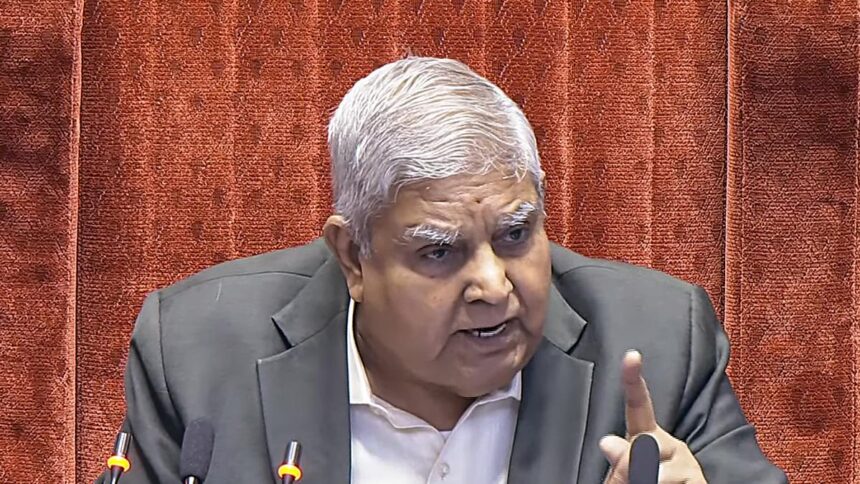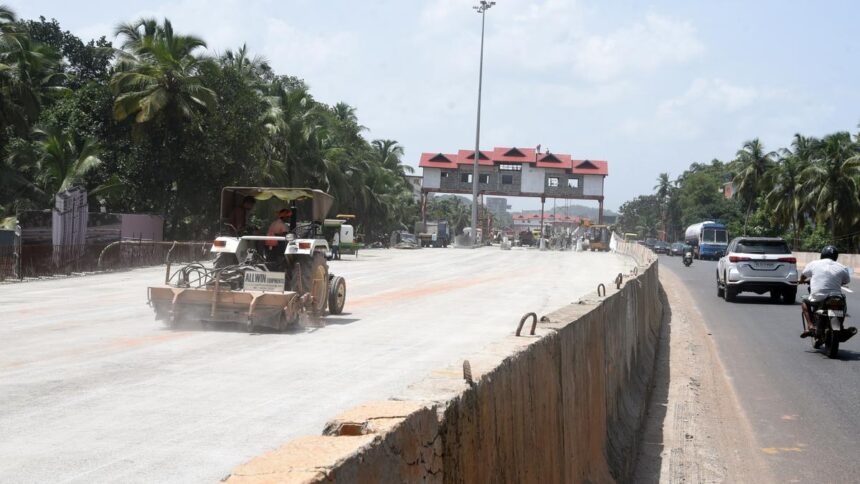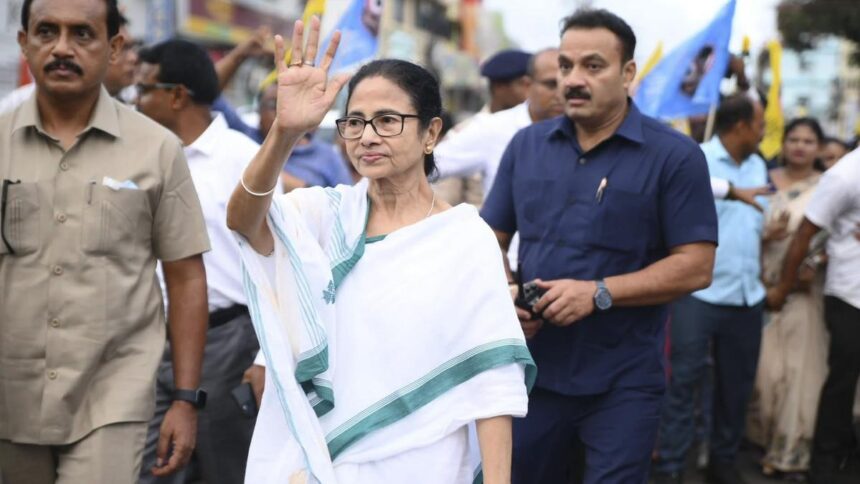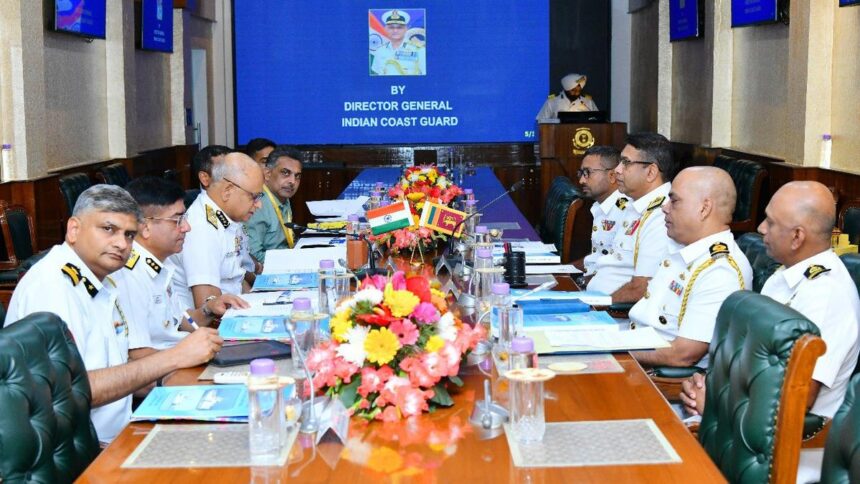The Directorate General of Civil Aviation (DGCA) has proposed that airlines offer paid assistance to able-bodied passengers in order to curb alleged misuse of wheelchairs, while simultaneously requiring documentation to verify any physical or mental handicap for free assistance to those with disabilities or restricted mobility.
Airports too will have to ensure that car drop-off points at airport entrances are earmarked for air travellers with special needs, and that these remain unobstructed and available for use, according to the DGCA’s suggestions. Airports may also be required to provide staff at these points to provide assistance and coordinate with airlines.
These proposals are part of a revised draft of rules for ferrying air travellers with disabilities and reduced mobility floated by the aviation safety regulator for stakeholder comments till September 19.
The revised norms have been made public ahead of a Bombay High Court hearing on September 25 after the court appointed a committee in April, headed by former judge of High Court of Andhra Pradesh, Justice Goda Raghuram, to study the matter of wheelchair availability as well as challenges faced by senior citizen travellers and those with special needs emphasising that access to adequate facilities was “a fundamental human right” for such persons.
Clause 4.1.37 in the draft Civil Aviation Requirements (CAR) states, “Airlines may levy an appropriate assistance fee from passengers other than persons with disability (Divyangjan) and persons with reduced mobility who opt to use these services.” The draft norms however, don’t discuss what kind of services could be extended.
International airlines such as Singapore Airlines, Emirates and Qatar Airways offer “meet and assist services” which include support during boarding, disembarkation, or flight transfers for elderly, non-English speaking, or passengers with sensory impairment or cognitive disabilities, as well as help with navigation at large and unfamiliar airports when travellers may not necessarily require wheelchairs.
The move aims to curb the misuse of wheelchairs by able-bodied passengers so that the limited inventory with airlines and airports can be made available to those with a genuine need, which is reported by airlines largely on international flights, though there are plenty of instances of wheelchair denial on domestic flights as well.
The rules define a person with disability as an individual who has a physical or mental impairment, either of a permanent or temporary nature. Such a traveller will also be required to have a “record of such impairment”, which the rules explain as indicating history or a classification. It also defines a person with reduced mobility as anyone whose ability to move is limited due to physical or intellectual disability or age.
The DGCA’s draft rules reiterate that the wheelchair provision is a joint responsibility of the airline and the airport. It requires airport operators to earmark a car drop-off point for such travellers and ensure it is reserved and available for use by them. Such areas will also have to have clear signage. Airports will also have to provide a designated person at drop-off points who will coordinate with airlines to ensure assistance for travellers with special needs. There should also be reserved areas inside the terminal building as per the Accessibility Standards and Guidelines issued by Ministry of Civil Aviation.
Airports are also recommended to provide digital maps of the layout through QR codes for easy access.
Indian airlines offer paid add-on services such as “Fast Forward” for expedited check-in and priority boarding, but there are no escort or chaperone services typically extended as part of Meet and Greet or special assistance services extended to passengers. Some airports, like Delhi and Mumbai, though, have such a paid arrangement which is required to be booked separately.
“There needs to be an effort to address infrastructure challenges that include a lack of curbside assistance and ambulifts, resulting in wheelchair-borne passengers being carried down a step ladder in a manner that is not only humiliating and uncomfortable but also unsafe. Moreover, not all senior citizens who may find it challenging to cover long distances within large airports require or desire a wheelchair, for whom golf carts or buggies must be provided,” says Vaishnavi Jayakumar, Member, Disability Rights Alliance.
She also suggests a paid meet-and-greet service offered by several international airlines so that non-English speaking passengers or first-time travellers needing assistance at airports during international journeys, where misuse is reported by airlines to be the highest, have help. In the absence of such a service, travellers are forced to book a wheelchair.
But the current draft is discriminatory instead of focusing on disability rights perspective, she asserts.
“The draft CAR (rules) allows for airlines to charge for wheelchair assistance rendered to passengers other than persons with disabilities or passengers with reduced mobility. Just like the highly discriminatory fit-to-fly addition in the last CAR revision, it is ominous that this provision appears in a disability-focused document rather than an overarching passenger facilitation protocol. This buys into prejudicial attitudes of how a disabled person looks or behaves. And ignores the reality of the ambulant wheelchair user, often a person with invisible disability,” Ms. Jayakumar remarked.
She has requested that the DGCA look at disabled passengers data from airlines, examine complaints made via AirSewa on issues faced and pin the industry down to deliver all that the CAR has promised for over a decade and still not delivered.
The Bombay High Court order to constitute an expert committee follows two petitions before it, one of which involved a mother-daughter duo who were travelling on September 14, 2023 from Colombo to Mumbai on Vistara when the 81-year-old mother had to give up her wheelchair for her daughter who was suffering from acute arthritis as only one out of two wheelchairs were booked by them was provided.
A second petition is from another lady passenger travelling with Air India from Chicago to Mumbai via Delhi on April 22, 2024, who had booked a wheelchair because of ill health, but none was provided, after which she fell from a moving escalator. They are both represented by NAS Legal Advocates. Last year, DGCA slapped a fine of ₹30 lakh after taking suo motu cognisance of an 80-year-old passenger’s death at Mumbai airport following a cardiac arrest after a wheelchair booked for him was not provided to him.
Published – September 03, 2025 11:00 pm IST





















